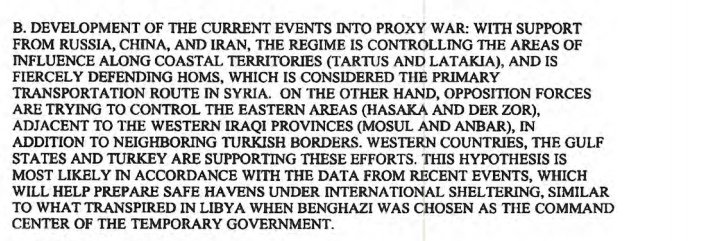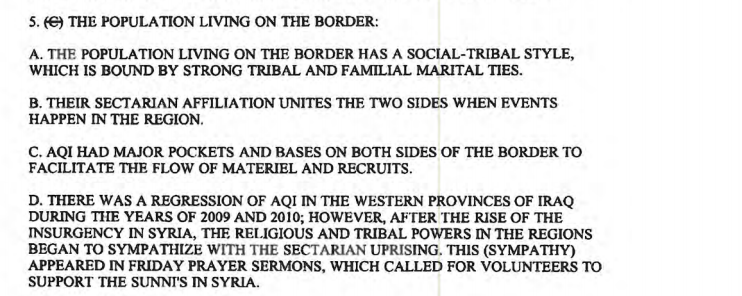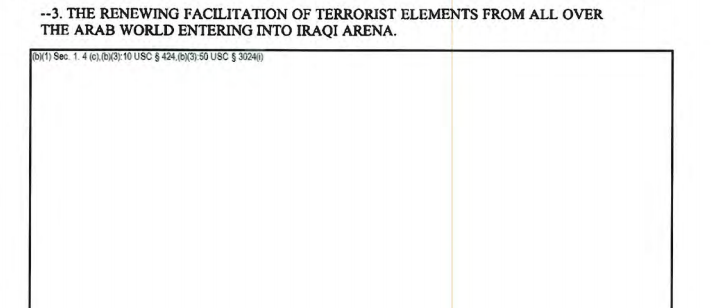READ THIS ON MY NEW WEBSITE: http://www.kamkashem.com/2016/08/26/turkey-russia-china-following-u-s-plan-for-syria/
There are often key moments in the world of geopolitics where if missed, leave one detached from the reality and consumed by the false narrative portrayed by the media.
After the intentionally flawed coup attempt in Turkey, you would have come across vast analysis by independent journalists who talk about the Russia vs America paradigm and often we get consumed by this narrative when trying to fish for information that isn't Fox News or the BBC. It’s the narrative the American neocons want us to believe, so that if "America doesn't get there first, Russia will".
Articles and analysis were posted hours after the coup explaining that Turkey will swing to the East and create a stronger Russian block or even Chinese considering they’re now involved in the Syrian quagmire.
However now we can see quite clearly that Russia, China, and Turkey are all following the American plan for the region. The Americans were the ones who drafted a Kurdistan region. The Americans were the ones who drafted autonomous "safe zones" in Syria, i.e. carving sectarian lines between the Kurds, Alawites and the rest of the Sunni population.
What are they getting by following the U.S plan?
This plan goes against Turkey’s territorial integrity because the Kurdish region directly threatens Turkey. It won’t be long before the issues in Turkey will escalate into chaos and they’ll have to draw concessions with the Kurdish State and let them annex the Kurdish area within Turkey - or simply keep Turkey in check through constant warfare and border issues.
So how does Turkey benefit from following the American plan? The fact is, they don’t. Turkey is under the thumb and if America wanted it can stage a real coup and take away Erdogan’s position. The purposefully flawed coup was a hint to Erdogan to say “We have more control in your country than you’d think”.
However, Erdogan did get something out of it, even if he loses some part of Turkey in the process. He has consolidated his position, removed his opposition, destroyed the judiciary that would have never let him continue with the American plan and he’s now going to finish his White Palace and live in it as a Presidential figure while the country is run by his ex-party. America rewards their agents from time to time if it suits them to do so.
Let’s look at Russia. If they’re some huge superpower people think them to be, why did they do a tactical retreat when they were on the verge of reclaiming Syria for Assad? Because this was not the American plan and whenever they do manoeuvres that are against American wishes, their own internal issues “coincidentally” flare up.
America’s watchful eye is ever present on Russia and they’ve held them by the proverbial for far too long — Crimea is just one of many choke-holds.
The other Baltic regions will be consumed by NATO if Russia doesn't play ball. In fact, Russia know that if they did not get involved in Syria which was always seen as a Russian-allied state historically, then they’d have nothing left there as America would have consumed it and replaced the government with Western puppets. It will still be the case, but this time, Russia would like to at least maintain their arms deals, trade, and semi-influence there.
Finally, it is well known that ISIS are trading with the likes of Turkey and exist through illicit financing from the West and if Turkey were honestly upset about American involvement in the coup, they wouldn't kiss and make up over a single Joe Biden visit. The institution misled the Turkish people by using anti-Americanism as a smokescreen while they shake hands behind closed doors.
Instead, anti-Americanism should have led to anti-American vision for Syria by cutting the supply routes for ISIS so they can no longer function, closing Incirlik airbase to both Russia and America, intercepting more airplanes that kill Muslims indiscriminately in Syria and calling for unity in the Muslim world.










